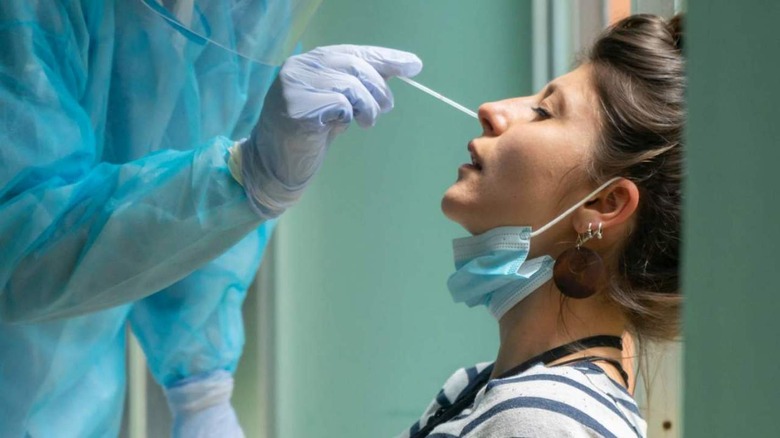The Antimicrobial Advisory Committee of the FDA met today, as anticipated, to decide whether it would recommend Molnupiravir, an oral antivirus drug, as a new treatment option for Covid-19. There are now voices, and although there are many who oppose, the advisory panel ultimately recommends that Molnupaivir receive the authorization of emergency use (EUA).
Recommendations, not authorization
Like the Covid-19 vaccine, this recommendation does not mean that the treatment of oral merck antivirus has been permitted to be used. Conversely, the panel’s recommendation to open the way for the FDA to make their own decisions about whether it will provide a company’s request. CDCs also need to decide whether they support drugs, which are intended for adults who have mild and moderate and high-risk Covid-19 from severe results.
The panel finally chose 13 to 10 supporting the administration of Molnupaivir Emergency Authorization, which will be the first oral antivirus drug designed to treat COVID-19. Medicine, originating from Merck and Ridgeback Biotherapeutics, must be drunk once every 12 hours for five days after the symptoms of Covid-19 are realized.
There are still big questions
Some experts at the Committee explained the reasons for the narrow voting (through NBC), including concerns about the efficacy of drugs, potential birth defects, and ongoing questions about whether the drug can cause additional virus mutations that make Covid-19 vaccines less effective.
Merck SVP from Clinical Research Nicholas Kartsonis told NBC that pharmaceutical companies do not have info about the possibility of drugs can cause mutations of concern. From the notes, Molnupaivir is designed to trigger mutations in the SARS-COV-2 virus that hinders its ability to replicate. FDA senior virology observer Patrick Harrington then explained that there is no adequate information at this time to determine whether the drug can cause new variants.
The FDA Advisory Committee has issued documents about the meeting, summarizing drug efficacy data, safety information, and trials that produce details. Addendum ended with a note of “the need for not met for safe and effective oral agents” designed to help treat Covid-19 in patients who have not been treated in hospitals with this disease.”Risk assessment of molnupiravir benefits supports EUA,” Panel said in the document.
Revision of efficacy
The narrow panel’s recommendation came only a few days after Merck and Ridgeback published an update on the trial of their molnupiravir, reporting a decrease in protection compared to the results of the interim analysis. Based on the latest results, the company said that oral antivirus treatment offers relative risk reduction in the Covid-19 severe from 30 percent, a decrease from 48 percent reported previously.
Molnupiravir will potentially join monoclonal antibodies as a treatment for COVID-19 patients at high risk, helping to prevent the development of more serious diseases that can cause inpatient and death (through HHS). However, the mixed response from experts raises the question whether the FDA will issue an emergency authorization for molnupiravir and what restrictions can be used in their use, assuming EUA is given.





